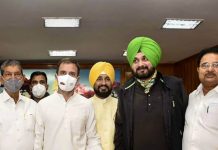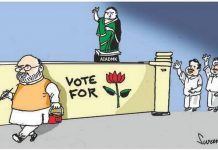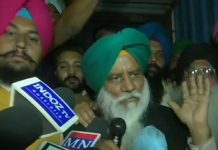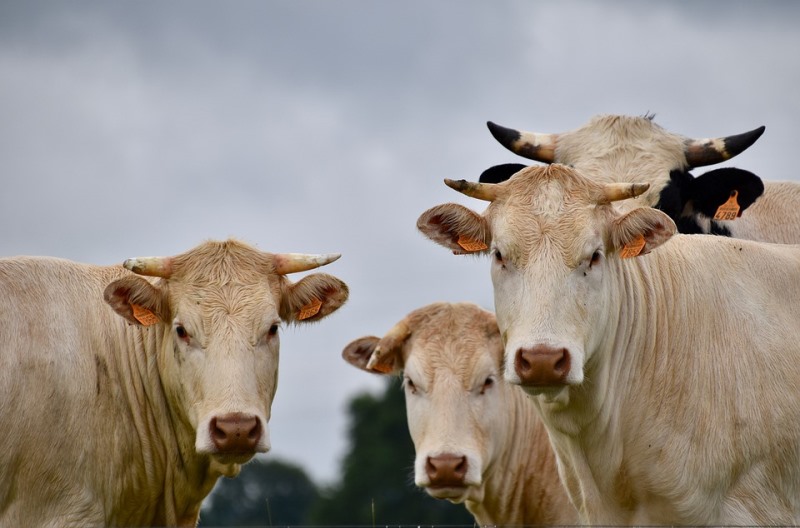POLITICS
Horse trading of legislators, unprecedented monetary exchanges and the decadence of a really democratic society are evident as the polls in Karnataka revealed. The democratic ethos that were once cherished and the aspirations of the voter that seemed to be the focus of political deliberation are no longer held supreme. The article looks at Karnataka polls in the context of this issue.
B.Ranganathan is a writer and political commentator – based in Chennai.
The legislators in Karnataka who have been newly elected from Congress and JD(S) were taken to Hyderabad to prevent the alleged attempts made by the BJP for horse-trading before the trust vote which is due on Saturday. The legislators were going to Kerala earlier but JD(S) has alleged that the Directorate General of the Civil Aviation Department denied the permission at the last-minute.

The Congress and the JD(S) had decided to fly their legislators outside Karnataka apprehending poaching by the Bharatiya Janata Party (BJP) after its leader BS Yeddyurappa was granted a period of 15 days to prove his majority on the floor of the assembly. Yeddyurappa was sworn-in as the chief minister of Karnataka on Thursday.
Telangana chief minister K Chandrasekhar Rao had a meeting with JD(S) chief and former Prime Minister HD Devegowda prior to the Karnataka polls. Rao pleaded the Telugu people in the neighbouring states to cast their votes for JD(S).
Kerala invited Congress and JD(S) MLAs to their state to avoid horse-trading and poaching by the BJP. The Congress was prepared to give unconditional support to Deve Gowda’s son to form the government in the state after a hung assembly emerged in the state with the BJP as the single largest party at 104 seats, the Congress at 78 seats and the others at 3 seats. The hung assembly in Karnataka emerged on May 15 after the results of the election were announced.
The floor test will be held on Saturday where BS Yeddyurappa would be required to prove his majority before the house. The great degree to which legislators are being sold and purchases on both sides symbolises an extremely tragic condition of the Indian democracy. As hundreds of crores are spent on transaction of legislators the masses wait it disillusionment. Is democracy in India only about spending large scale money, capturing booths, dictating votes and be-fooling the voter? Everything looks like an absurd tale of the contemporary era where truly democratic and emancipatory democratic practice seems like a distant dream.
The Indian citizen waits for employment, education, healthcare, better roads and transportation, a better life for his family- he expects that the government that comes to power will acknowledge him and make infrastructural and policy measures to radically empower the community. In India however grand electoral commitments, rhetorical speeches and false promises are a general occurrence, leading to disillusionment and helplessness among voters.
What role does a democracy play when the very pillars of its sustenance become weak and unworthy? The Karnataka elections, the horse trading of legislators, the spending of monetary resources at a unfrequented level, the mockery of public faith- reveal the numerous ways in which we have a decadent political culture.














